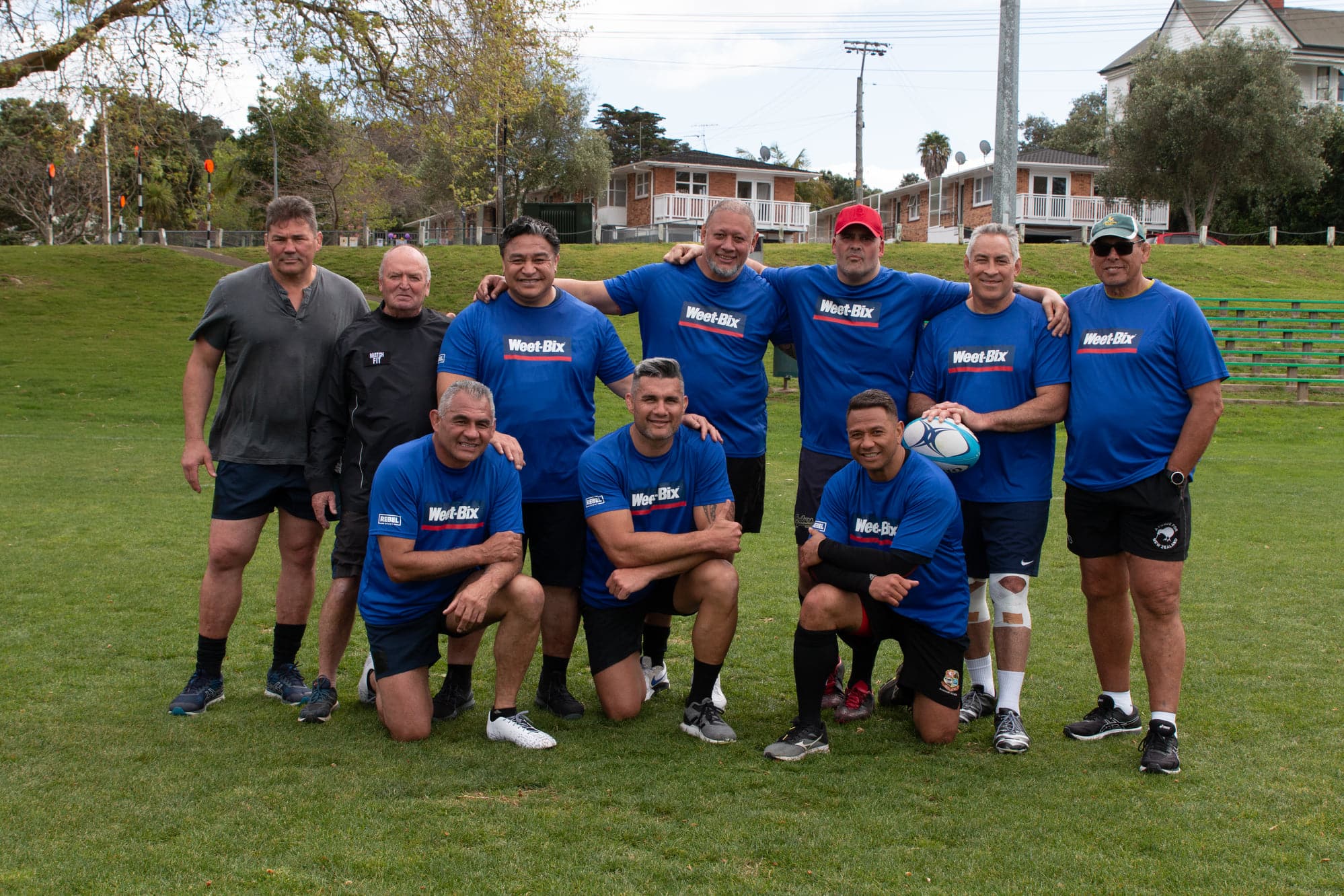
Food company executives understand one of their profession’s truisms: developing a valuable product is just half their business equation. The second half is how to take a product from the factory to the customers’ homes, as a potentially outstanding product with no customers is bound to fail.
Sanitarium Health & Wellbeing Company in Australia and New Zealand seems to have aced both halves of the equation. A significant part of that state of affairs is the manufacturing and distribution of Weet-Bix, for decades the preferred breakfast cereal in those two South Pacific nations.
Weet-Bix, manufactured by the Seventh-day Adventist–managed health-food company for more than 90 years, has become a household name across both countries. It is also ubiquitous in city bus stops, the internet, and TV ads. Moreover, through the support of various recreational and sports activities, Sanitarium makes sure Weet-Bix is constantly in the customers’ consciousness as the company promotes Adventist health principles for a more enjoyable life.
On top of all these efforts, perhaps one of the significant contributors to Weet-Bix’s ongoing presence is the sponsorship since 1998 of the All Blacks, the New Zealand men’s national rugby team, and the Black Ferns, its women’s counterpart. The two teams between them have nine world cup titles, a record so far ahead of other teams as to be virtually unreachable.
“In New Zealand, every child grows up dreaming of being part of the national rugby team one day,” Charlotte Moor, dietitian at Sanitarium New Zealand, said. On February 13, during the 2023 Adventist Health Food Associaton (AHFA) Conference in Auckland, Moor discussed some of the initiatives that have helped Sanitarium to make Weet-Bix even more present in thousands of New Zealand homes and breakfast tables.
Collectible Cards
Since the All Blacks sponsorship began, Weet-Bix boxes have occasionally included player cards that customers can collect and trade. As the Official Breakfast of the All Blacks, Sanitarium New Zealand has also been able to share motivational messages especially with young Kiwis (as New Zealanders are colloquially called). Two examples of these efforts are the 2017 Dare to Dream and the 2018 Play Big campaigns.
Play Big, for instance, aimed to “encourage Kiwi kids to get outside and play" through telling the iconic childhood stories of some of New Zealand's most significant sporting heroes. “Each card tells a different story,” a company Weet-Bix page states, showing “how playing these games outdoors with friends and family helped them to gain the skills” they used on the rugby field years later.
“Weet-Bix’s partnership with the All Blacks continues to allow us to encourage and inspire Kiwi kids,” the company said.
A Reality Show
In her February 13 presentation, Moor reported to managers of Adventist health food factories on the two seasons aired of Match Fit, a reality docuseries that delved deep into the health realities that face certain men, primarily former All Blacks players, and their families in New Zealand. Sanitarium created the show to “inspire Kiwis to adopt healthy, active lifestyles,” Moor, who hosted the series, said.
For the first season of the series, world cup–winning coach Graham Henry and “rugby royalty” Wayne Shelford brought together a team of former All Blacks from the late 1990s and early 2000s. Together, they set health-improvement and fitness challenges to fight obesity, diabetes, and other conditions common in players after they stop competing professionally and get older.
Season 2 featured five returning players alongside five new All Blacks legends. Sadly, one of them, Va’aiga Tuigamala, passed away at 52 after the filming of this series. In the show, his story is shared alongside his Match Fit brothers to continue highlighting the importance of conversation around challenges to men’s health in New Zealand.
The Show in Numbers
According to Moor, the show topped the viewership ratings in its category, reaching 195,000 residents across New Zealand. She also shared that Match Fit Season 1 took home Best Format Reality Series at the New Zealand TV awards in 2021.
Moor said the show’s success couldn’t be more timely, as government data shows the high prevalence of non-communicable diseases in many New Zealanders. Among New Zealand’s population of 5.1 million, “175,000 people are living with heart disease,” Moor said. “Almost one in three deaths in New Zealand are caused by cardiovascular disease, and every 90 minutes, a New Zealander dies from heart disease.”
Match Fit sought to tackle this public-health scourge by helping former All Blacks players to seek advice and follow a training program to improve their health. Results were measurable and reported live, as, according to Moor, all participants saw improved cholesterol levels. Also, they enjoyed “a collective loss of 90 kilograms [200 pounds],” she reported. What is more important, participants committed to making lifelong changes.
Viewers’ Feedback
The feedback from viewers was overwhelmingly positive. One viewer shared that watching the show prompted them to start discussing cholesterol with their workmates, something they found highly positive. “So, so inspiring!” wrote another viewer. “I was hooked [from] the first episode.”
The same viewer thanked participants — their “childhood rugby legends” — for their honesty and vulnerability in sharing their struggles to keep fit and enjoy better health. “It’s fantastic to highlight health and wellbeing in such a fantastic way!” they wrote.
Another viewer said it succinctly but no less powerfully. “This is hands down one of the best programs [on TV],” they wrote.